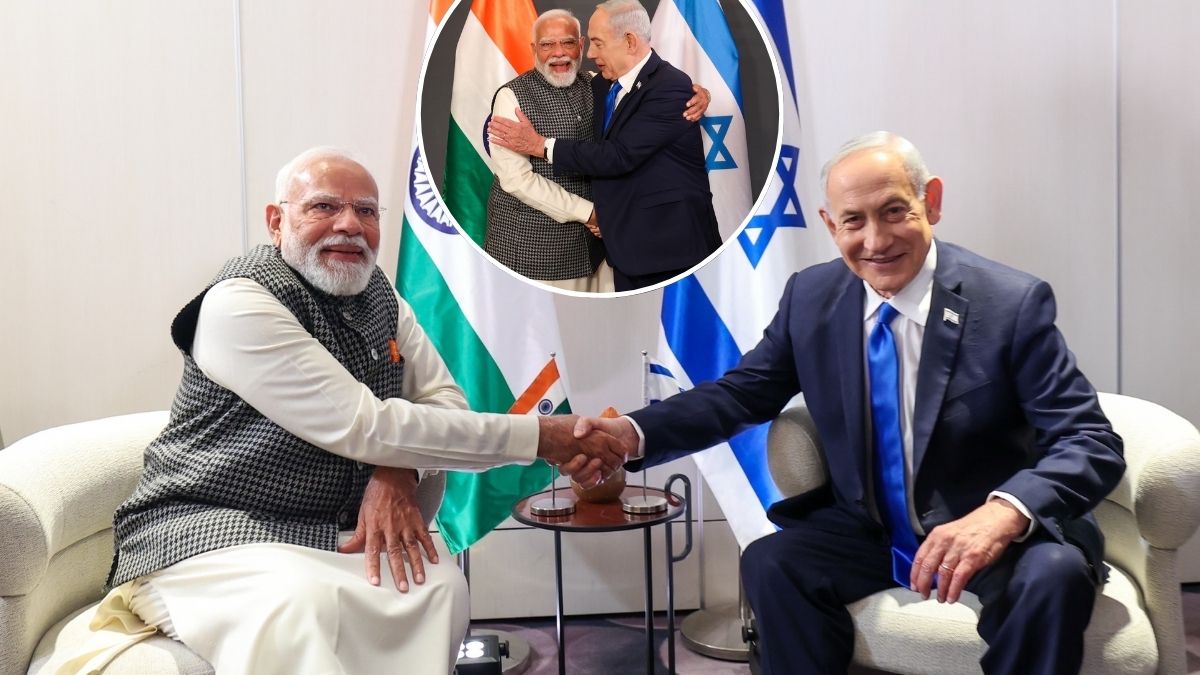NSA Warns Against ‘Divisive Politics’, Cites Bangladesh, Sri Lanka, Nepal As Lessons in Governance Failures

NSA Doval has urged changes to make governance better across India. Image courtesy: ANI
While democracy has proved to be successful in many ways, it has created its own problems and also given rise to partisan politics and non-institutional regime changes in South Asia that threaten political stability, National Security Adviser Ajit Doval said on Friday (October 31, 2025).
Speaking at the 6th Sardar Patel Lecture on Governance in New Delhi, Doval cautioned that democracy, despite being successful, has led to partisan politics. “While democracy has had its successes, it has also created its own problems. It has led to partisan politics where there are dividends in division.”
He noted that modern politics often rewards fragmentation over unity, adding, “If a politician wins 25 out of 100 votes, the aim is not to reach 51, but to fracture the rest so that no one else reaches the number. We must guard against it.” The lecture, organised by the IC Centre of Governance and the India International Centre, was held on the 150th birth anniversary of Sardar Vallabhbhai Patel.
What’s behind regime changes in Bangladesh, Sri Lanka, and Nepal?
During the lecture, the National Security Adviser also touched upon the reason behind the regime changes in neighbouring nations like Bangladesh, Sri Lanka and Nepal. In a rare public assessment of regional political instability, Doval cited the 3 countries as recent examples where regime changes through non-institutional methods have emerged from governance failures.
“Change of regimes through non-institutional methods in Bangladesh, Sri Lanka, Nepal and others were actually cases of bad governance,” Doval said, linking their political turmoil to institutional decay, corruption, and poor administration.
Over the past few years, South Asia has witnessed widespread protests leading to political upheavals:
Sri Lanka (2022): A financial meltdown forced President Gotabaya Rajapaksa to resign and flee. His successor Ranil Wickremesinghe has since steered the nation through economic recovery and fresh elections.
Bangladesh (2024): An interim government led by Muhammad Yunus replaced Sheikh Hasina, whose sudden departure from Dhaka marked a major political reset. India-Bangladesh ties have since cooled.
Nepal (2025): The country continues to face internal instability following a wave of protests and another change in leadership just last month.
What caused the rise and fall of great empires?
Drawing on historical parallels, NSA Doval observed that the “rise and fall of great empires” were often dictated by the quality of governance. “The Roman Empire fell because it was mismanaged. The same applies to the French Revolution, Tsarist Russia, and the Mughal Empire,” he said.
Citing post-World War II data, Doval noted that 28 out of 37 countries that suffered severe governance failures either collapsed, fragmented, or were degraded, reinforcing that poor governance remains the root cause of state decline.
Sharing this data, the NSA has urged for a renewed national focus on good governance, stressing the need to strengthen institutional integrity; modernise the legal and administrative systems; develop policies that truly reflect people’s aspirations; prevent the fragmentation of society driven by political opportunism.
He also underscored that economic distress, corruption, and bureaucratic inefficiency continue to be key factors behind governance failures worldwide. “Institutional decay and economic failures — scarcity of food and water — have been consistent triggers for internal collapse,” he said.
No more terrorism in India?
In addition to highlighting the importance of governance among other things, NSA Doval claimed that terrorism has been controlled in India and that the last major terror incident in the country, outside Jammu and Kashmir, took place in 2013. “The facts are facts, and they cannot be disputed. Terrorism in this country has been effectively countered.”
Doval noted that India had a major incident of terrorism on July 1, 2005, and the last one in 2013 in the hinterland. “Except for Jammu and Kashmir, which had been a theatre of a proxy war or a covert warfare for Pakistan, which is a different ballgame, the whole country has remained secure from terrorist attacks,” he shared.







